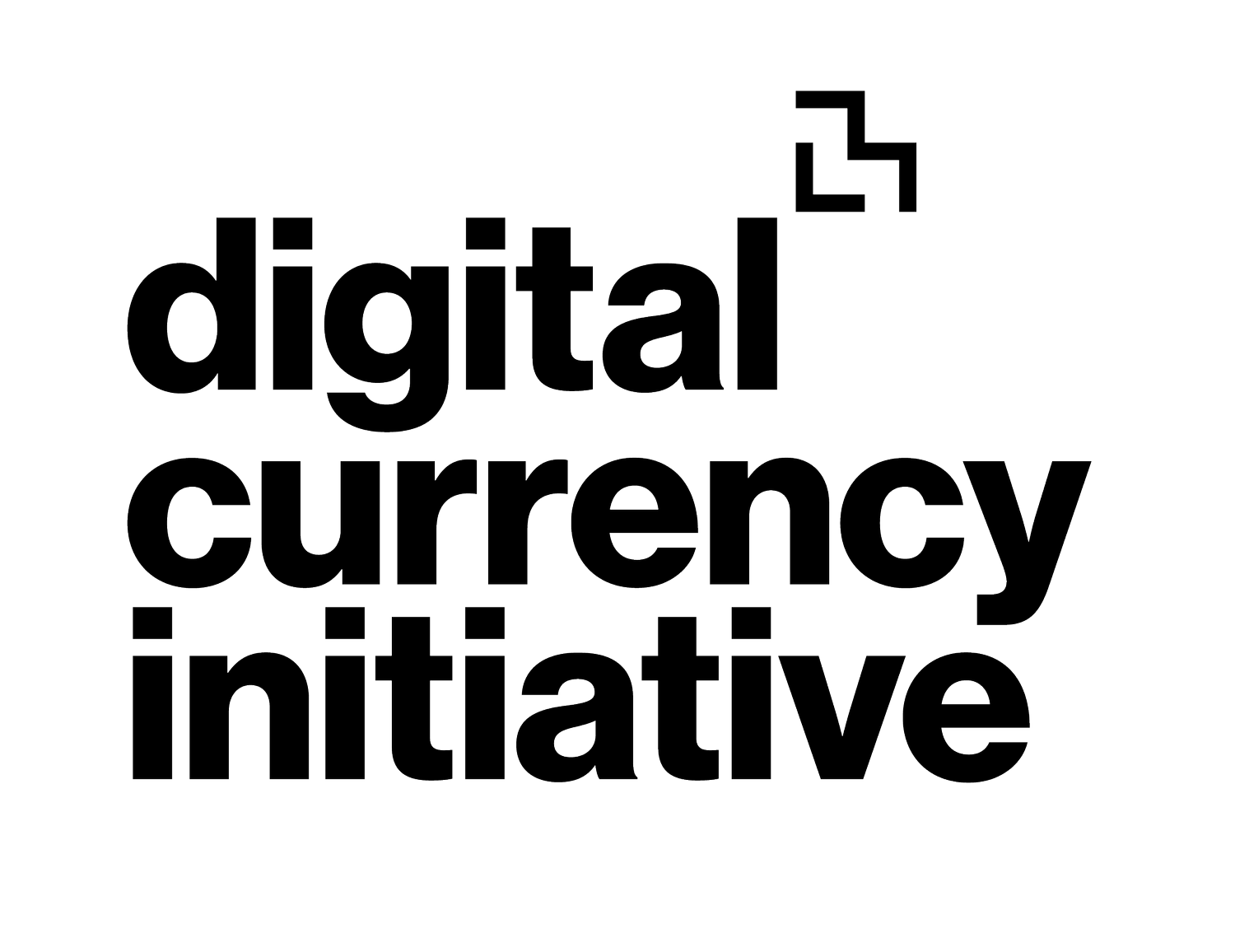
Market Watch's Chris Matthews presents "What a Fed-backed digital dollar means for the crypto revolution"
Chamber of Digital Commerce's Perianne Boring and Neha Narula of MIT Media Lab explain central-bank digital currencies and what their emergence means for crypto and fiat money.

"What is the Future of Money?" for Bloomberg Quint featuring Neha Narula
Neha Narula was interviewed for Bloomberg Quint on “What is the Future of Money?”. View the video below and read the full interview here

Forbes Names Papers by DCI's Madars Virza and Tadge Dryja as "Satoshi & Company: The 10 Most Important Scientific White Papers In Development Of Cryptocurrencies"
In an article by Forbes’s Nina Bambysheva on February 13th, 2021, Madars Virza’s paper “Zerocash: Decentralized Anonymous Payments from Bitcoin” and Tadge Dryja’s “The Bitcoin Lightning Network: Scalable Off-Chain Instant Payments” were named as one of “The 10 Most Important Scientific White Papers In Development Of Cryptocurrencies.

CNBC's "Why Central Banks Want To Get Into Digital Currencies" features an interview with DCI's Neha Narula
Intense interest in cryptocurrencies, like bitcoin, and the Covid-19 pandemic have sparked debate among central banks on whether they should issue digital currencies of their own. Advocates argue that central bank digital currencies, or CBDCs, can make cross-border transactions easier, promote financial inclusion, and provide payment system stability. Here's how central bank digital currencies could become the future of digital finance.

Bitcoin’s (un)common good
Digital Currency Initiative at the MIT Media Lab Launches New Bitcoin Software and Security Effort with Industry Leaders
Thanks to millions of open source developer hours over the past 12 years, and a burgeoning and supportive ecosystem, Bitcoin is no longer an obscure cryptographic toy. It is now an open-source financial network that secures on the order of $1T of value.
As the use of Bitcoin grows, and as it becomes more deeply embedded into our societies, the security of the network must grow and strengthen alongside it. Yet, as a common good, there is no one single Bitcoin protector or guardian to take on this formidable task. By design, there is no central command. And while this presents significant logistical challenges, it is also the distinguishing feature perhaps most unique to Bitcoin: no central point of failure. Bitcoin's nearly-uninterrupted operation over the years is a testament to the power of decentralization…

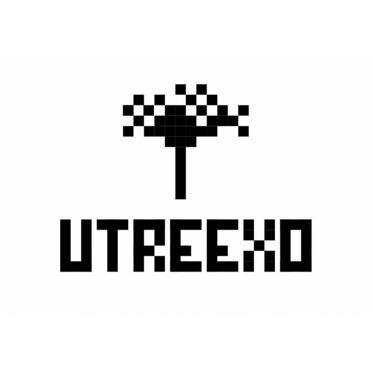
Utreexo demo release 0.2 by Tadge Dryja
The goal of Utreexo is to make running a full node easier, faster, and smaller, and while that’s more of an asymptote than a point on any curve, we’re getting there. Today we’ve released Utreexo demonstration 0.2, which pairs the Utreexo accumulator with a modified version of btcd(temporarily called utcd). Most of the utcd work was done by Calvin Kim, as Niklas Gögge and myself have been working on improving the accumulator and how it interacts with the bitcoin data structures. Calvin has written a post about the work as well.
This new release works more like a normal bitcoin node: it starts up, finds peers, and verifies the blockchain. There are still things it doesn’t have, like a mempool, or a way to deal with reorgs. (It currently deals with reorgs by crashing.)

"Comments to the Financial Crimes Enforcement Network on Requirements for Certain Transactions Involving Convertible Virtual Currency or Digital Assets" by Neha Narula and Patrick Murck
Re: Comments to the Financial Crimes Enforcement Network on Requirements for Certain Transactions Involving Convertible Virtual Currency or Digital Assets
FinCEN Docket No. FINCEN-2020-0020, RIN 1506-AB47

Coindesk: "New MIT Paper Roundly Rejects Blockchain Voting as Solution to Election Woes"
A new report from MIT, however, strongly argues against the idea of blockchain-based e-voting, largely on the basis that it will increase cybersecurity vulnerabilities that already exist, it fails meet the unique needs of voting in political elections and it adds more issues than it fixes.

"A Fed digital currency looks inevitable. So do the problems" — American Banker's Podcast interviewing Neha Narula
By Hannah Lang November 4, 2020 9:30 PM
In American Banker’s weekly podcast “Bank Shot”, Neha Narula was interviewed by Hannah Lang on Central Bank Digital Currency (CBDC).
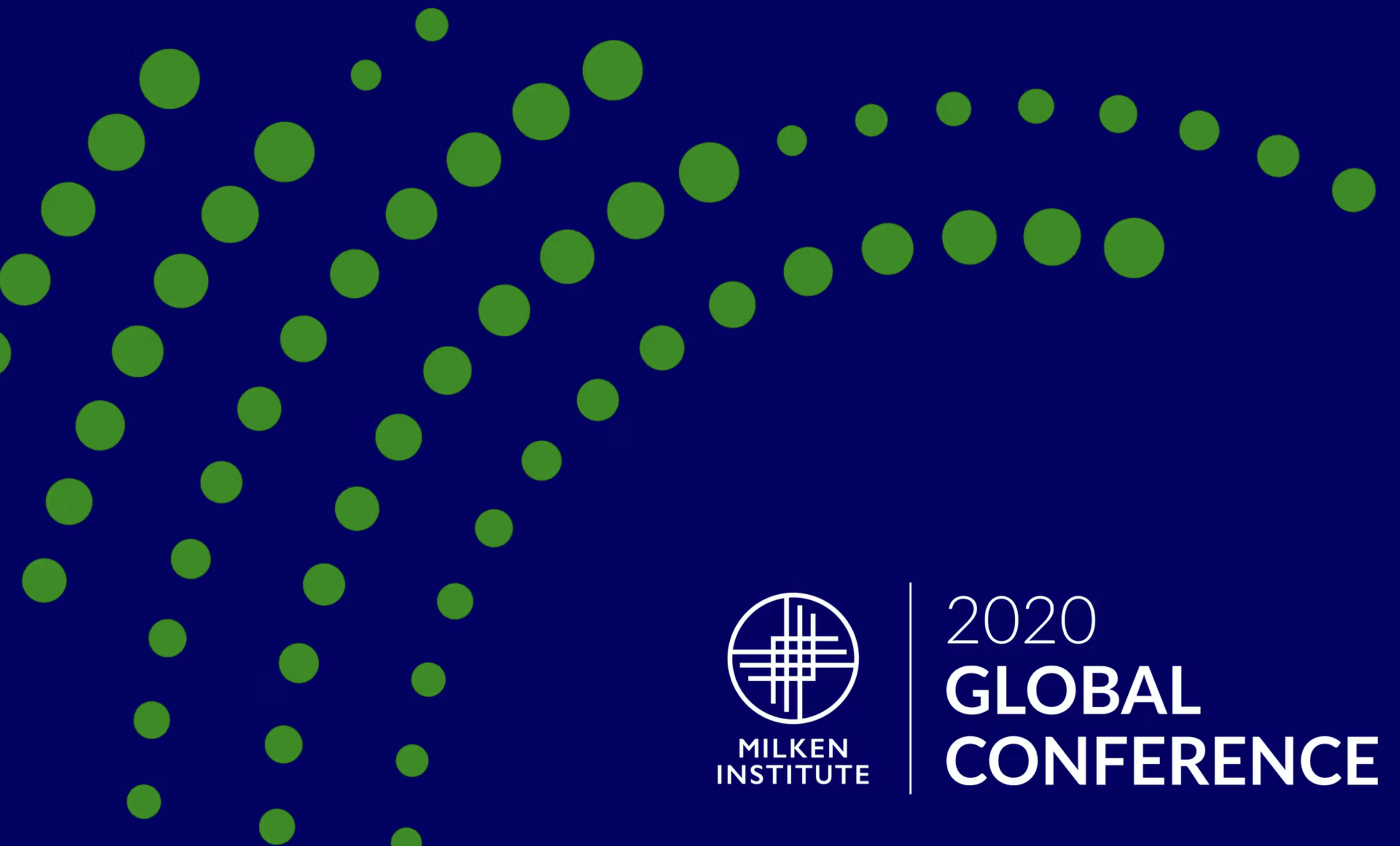
Neha Narula participates in "The Next Frontier in Payments and Financial Inclusion" Panel at the 2020 Global Conference by Milken Institute
FinTech offers unparalleled opportunities for financial inclusion, on both macro and micro scales. Today, payments are embedded in platforms in ways that will upend traditional commerce; crypto payments are creating new ecosystems of inclusivity between businesses and customers; and central banks are looking at digital currency to address inclusion on a national scale. This panel discussion will run the gamut of these exciting developments.

Neha Narula joins the Online Event: Digital Currency, Cross-Border Payments, and the International Monetary System
Please join the CSIS Economics Program in partnership with the OMFIF Digital Monetary Institute for a virtual webinar. This event will feature keynote remarks from Brent McIntosh, Under Secretary for International Affairs at the U.S. Department of Treasury and Kenji Okamura, Vice Minister of Finance for International Affairs at Japan’s Ministry of Finance to discuss recent digital currency developments and what they could mean for the future of the international financial and monetary systems. The keynote will be followed by an expert panel discussion to address key issues including:
The link between digital currency, cross-border payments infrastructure, and currency usage in the international financial and monetary systems.
Technology that supports digital currency and how it can meet the design requirements, specifically of central bank digital currency.
Opportunities and risks presented by digital currency to commercial banks and established payments providers.
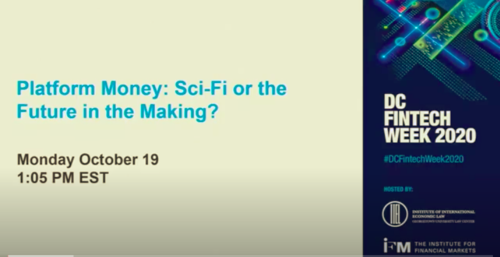
Neha Narula took part in the panel "Platform Money: Sci-Fi or the Future in the Making?" during the 2020 DC Fintech Week
There are many models for “money”--account based models and tokenized money dominate many conversations, but other pathways are breaking new ground as well, including new emoney solutions and conceptions of money as an infrastructure or platform that could support new financial applications and innovations. We talk on this panel about what’s likely--and possible.

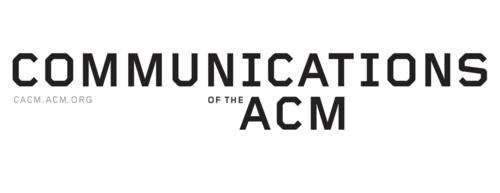
"Responsible Vulnerability Disclosure in Cryptocurrencies" - New Paper Co-authored by Neha Narula
“Despite the focus on operating in adversarial environments, cryptocurrencies have suffered a litany of security and privacy problems. Sometimes, these issues are resolved without much fanfare following a disclosure by the individual who found the hole. In other cases, they result in costly losses due to theft, exploits, unauthorized coin creation, and destruction. These experiences provide regular fodder for outrageous news headlines. In this article, we focus on the disclosure process itself, which presents unique challenges compared to other software projects. To illustrate, we examine some recent disclosures and discuss difficulties that have arisen…”

Tadge Dryja on "Fundamental Differences between Bitcoin and Ethereum" for What Bitcoin Did
DCI’s Tadge took part in an episode of “What Bitcoin Did" with host, Peter McCormick, discussing the fundamental and technical differences between Bitcoin and Ethereum, scalability and use cases.

Neha Narula took part in "Will Digital Dollar Stablecoins & CBDC Co-Exist?" hosted by The Circle's "The Money Movement" Series
On this week's Money Movement we're joined by Visa's Head of Crypto, Cuy Sheffield; Neha Narula, the Director of MIT's Digital Currency Initiative, an institute leading research and development in crypto, digital currency and now CBDC models; and Robert Bench, AVP at the Federal Reserve Bank in Boston, and a key contributor and collaborator on the future of digital currency with the Federal Reserve.

Calvin Kim is awarded for his role as an Utreexo Collaborator: "BitMex awards its last developer grant to a Bitcoin scalability solution from MIT"
BitMex's 100x Group has awarded its last Bitcoin development grant of the year. The company has awarded a grant valued at $40,000 to Calvin Kim for his Bitcoin scalability solution, Utreexo — a project originally created by Tadge Dryja from the MIT Digital Currency Initiative.

"Brainard Says Fed Is Conducting E-Money Tests for Research" covered by Craig Torres of Bloomberg
The Federal Reserve is conducting experiments with a hypothetical digital dollar for research purposes, though it hasn’t yet committed to issuance that would require a formal policy process involving the government and other stakeholders, Governor Lael Brainard said Thursday.
In addition to the Fed’s own internal work, research teams from the Boston Fed and Massachusetts Institute of Technology are engaged in a “multi-year effort to build and test a hypothetical digital currency oriented to central bank uses,” she said…

The Boston Herald interviews Jim Cunha for "Boston Fed Bank explores cryptocurrency with MIT"
The Boston Fed is toying with a digital dollar.
The Hub’s Federal Reserve Bank is teaming up with the Massachusetts Institute of Technology to study the blockchain technology that enables cryptocurrency to be traded. And, based on the latest figures, the currency is red hot.
